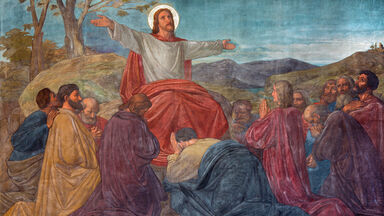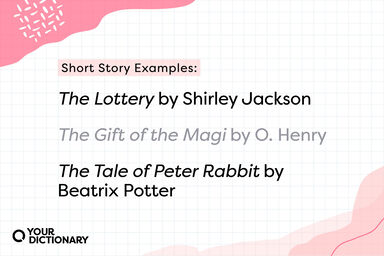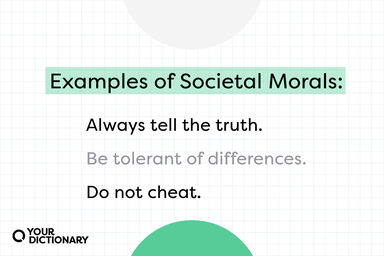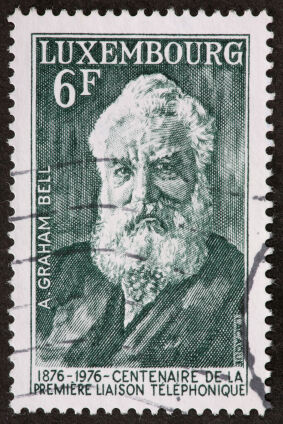Many urban legends provide cautionary tales, much like modern-day Aesop fables.
Lastly, the obscurity in which the history of Aesop is involved has induced some scholars to deny his existence altogether.
It is probable that Aesop did not commit his fables to writing; Aristophanes (Wasps, 1259) represents Philocleon as having learnt the "absurdities" of Aesop from conversation at banquets, and Socrates whiles away his time in prison by turning some of Aesop's fables "which he knew" into verse (Plato, Phaedo, 61 b).
The collections which we possess under the name of Aesop's Fables are late renderings of Babrius's version or Hpo-yv &o sari, rhetorical exercises of varying age and merit.
He read and re-read in early boyhood the Bible, Aesop, Robinson Crusoe, Pilgrim's Progress, Weems's Life of Washington and a history of the United States; and later read every book he could borrow from the neighbours, Burns and Shakespeare becoming favourites.





